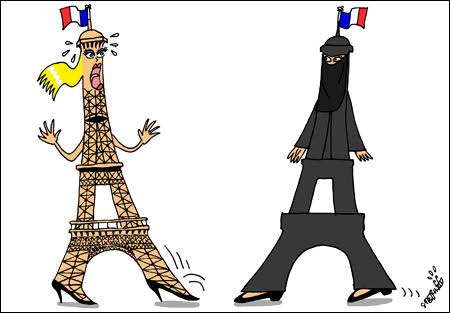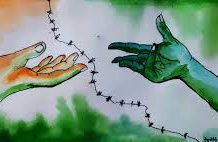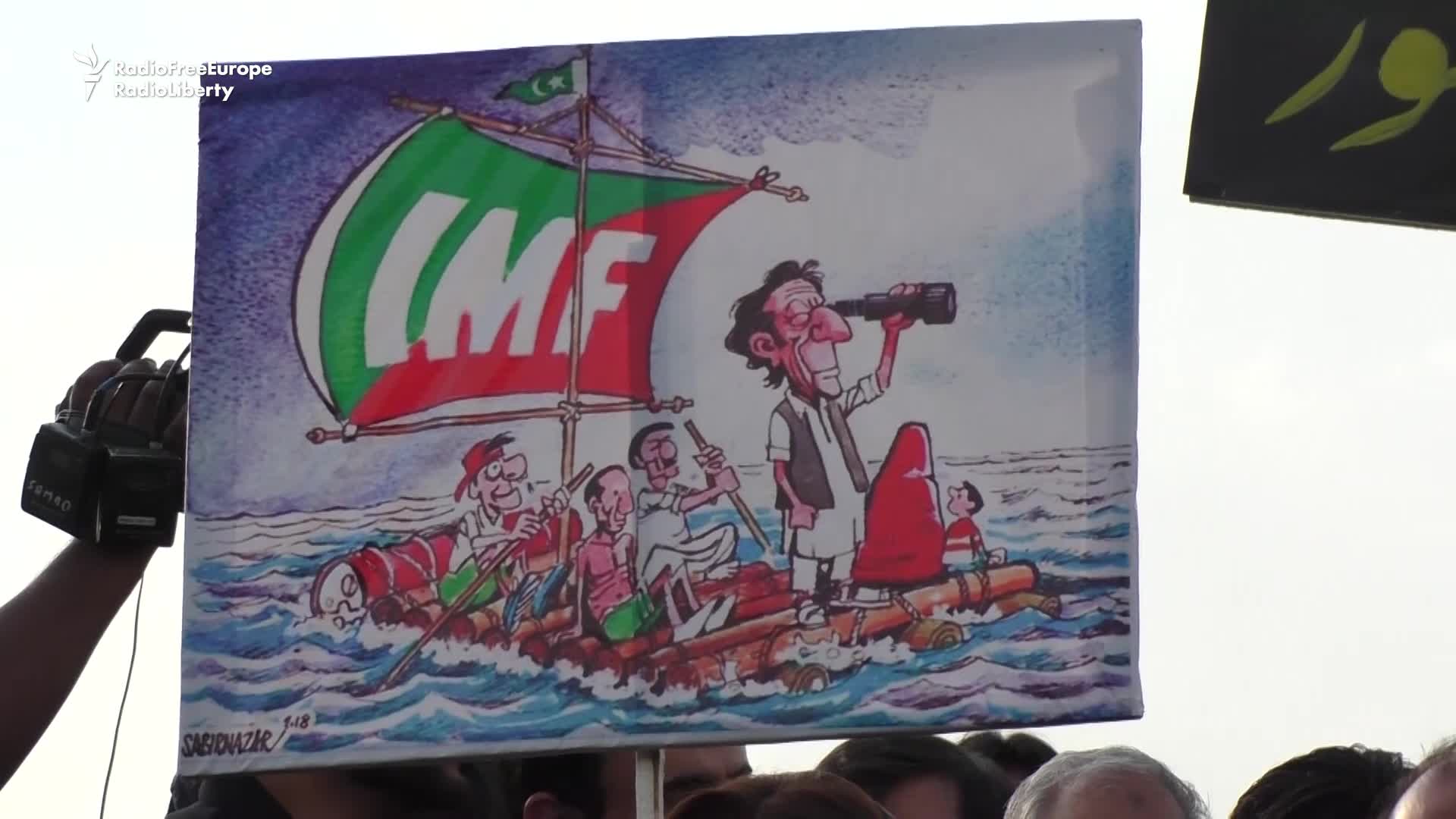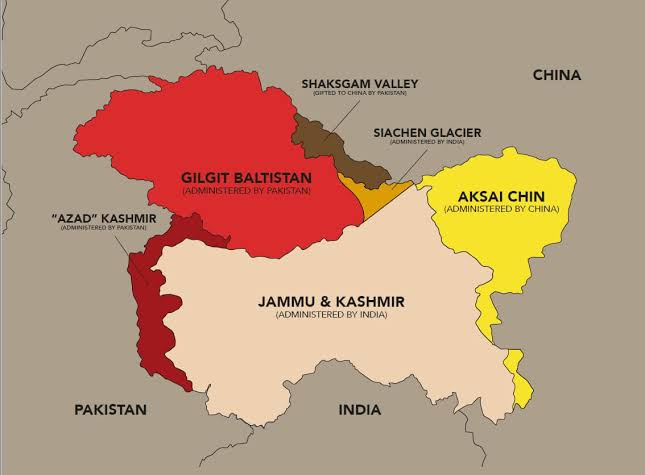Absurdities come in many varieties. The latest example is the French ban on burqa. Worse, the French action is proving contagious.
In Denmark, Prime Minister Lars Lokke Rasmussen, who heads a right-wing government, has hinted at a ban on burqa, even though no woman in Denmark wears it. The notorious rightwing Jyllands Posten newspaper had to retract a story that three or four women wear it in Denmark. Prime Minister Fredrik Reinfeldt of Sweden is being quizzed by the press corps on the subject of burqa.
But the respective countries’ media have found merely 100 women in Sweden and 1,900 in France who wear burqa. A sizable minority among burqa-clad women consists of European converts. From France to Sweden, rightwing elements are up in arms against these roughly 2,000 burqas, supposedly for the rescue of European Enlightenment.
However, only three decades ago, rightwing governments in France encouraged Muslim immigrants to grow beards and wear burqas. Islamised immigrants were considered a safe bet against unionised immigrants.
The ultimate victim of the burqa ban is enlightenment itself, even though the effort to undermine enlightenment is sophisticated, with Europe’s culture being invoked. How absurd! Enlightenment does not need protection by governments headed by rightwing politicians like Nicolas Sarkozy. If Pakistan were to go Taliban tomorrow and the Taliban imposed burqa on Pakistani women, they would justify their action by invoking the French ban on burqa. No one banned burqa in Pakistan, but no woman in my family wears it anymore, although my mother used to.
By the way, long before Sarkozy’s France got alarmed at burqa, the founding fathers of Muslim countries like Turkey and Tunis, Mustafa Kemal Atarurk and Habib Bourguiba, had banned headscarves — for entirely different reasons though. In both these countries now, many young women wear headscarves, as a symbol of defiance. Last year in Istanbul, I saw a girl in a Che-shirt, with her head covered by a headscarf. Ironically, Islamists have thrice won general elections in Atarurk’s Turkey. The government of Prime Minister Recep Tayyip Erdogan is Islamist. Bans never work.
The burqa ban is a discriminatory measure directed not merely against French Muslims but ultimately against the democratic rights of the entire working class of France. Instead of leading to integration, the ban on burqa will contribute to anti-immigrant and communalist sentiments, thus fuelling divisions among French citizens. The Nazis targeted Jews before settling scores with broad layers of the working masses.
The ban negates the basic rights of religious freedom and a citizen’s control over his or her own body. It grants the French state new powers to intervene in matters of individual choice on what dress to wear. In essence, it is false to equate the progressive democratic principle of secularism (separation of church and state) with a government edict that abridges individuals’ right to dress the way they want.
In a grotesque way, the French ban is France’s “Talibanisation.” Many proponents of the ban claim that it is directed against the oppression of women, of which the burqa is a symbol. This argument is an example of sophistry. It is impossible to attribute a democratic and liberating character to a law that stigmatises an entire group of people, based on their dress choice.
The inevitable result of this discriminatory law will be to encourage the development of religious separatism and communalist thinking among Muslim immigrants who feel, justifiably, that they are being singled out for persecution. Religious prejudices can be fought back through the political development and education of the masses in the struggle for democratic rights, not through state decrees imposed from above, by governments that serve the interests of the elite.








